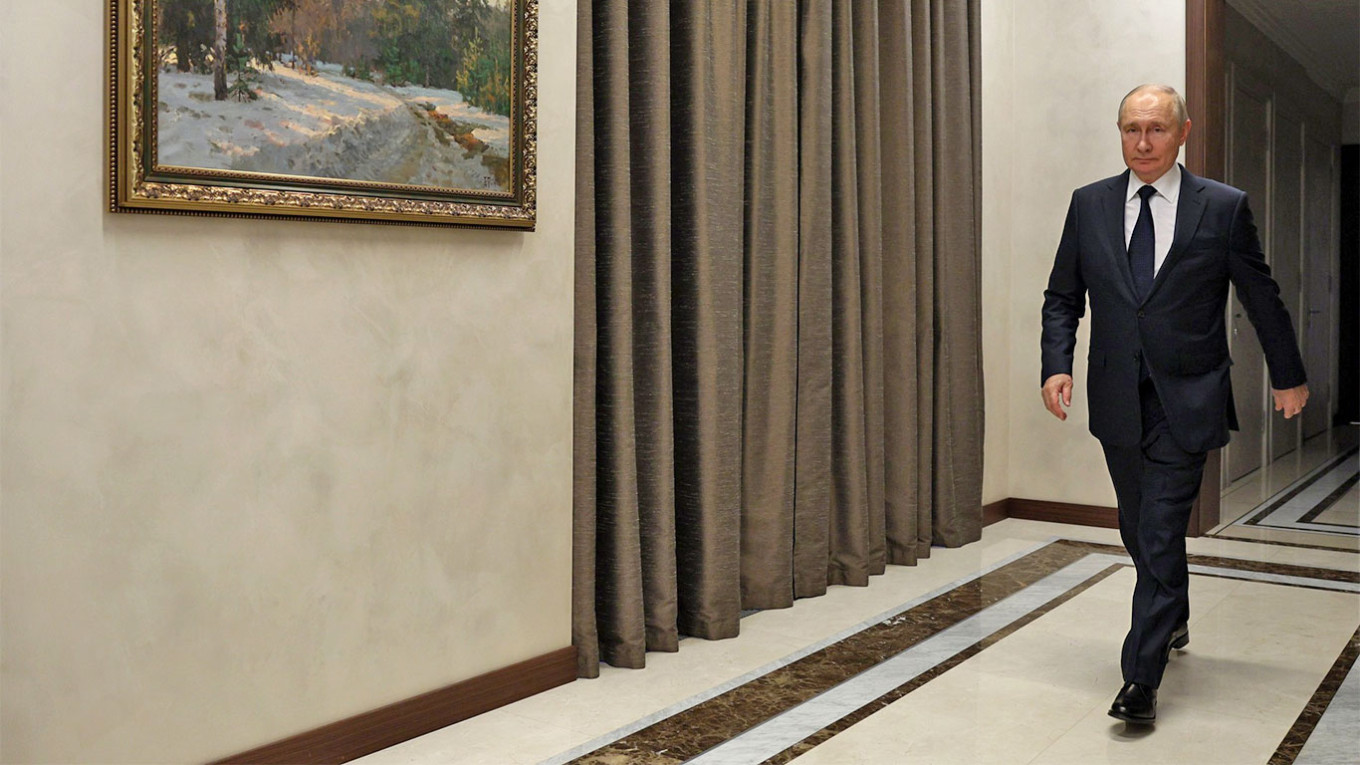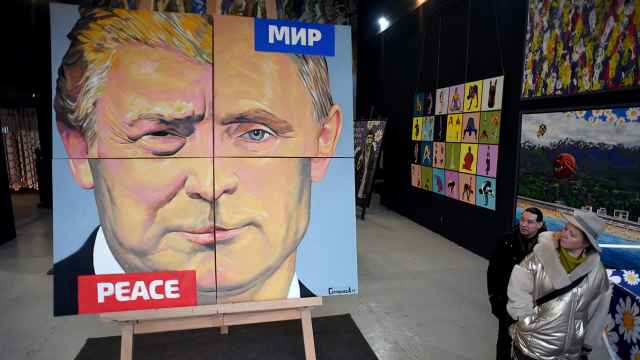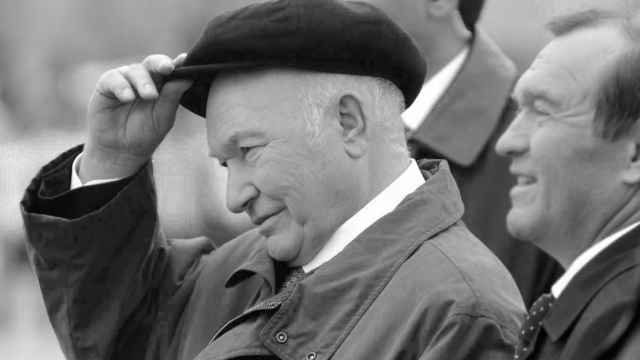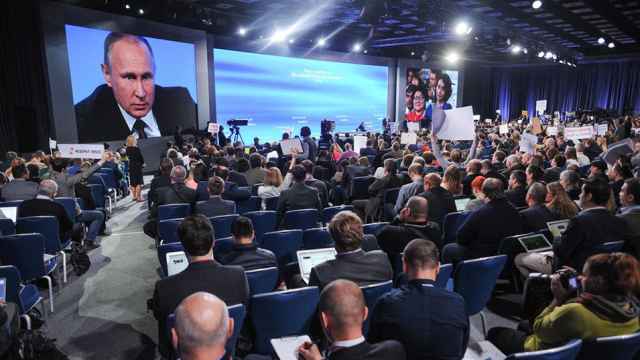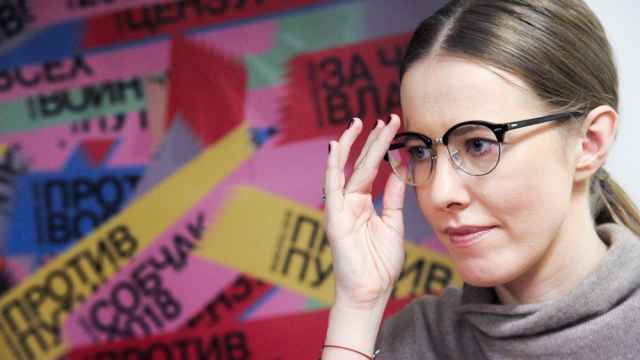Updated with reporting by RBC.
Russian President Vladimir Putin will hold his end-of-year press conference and televised call-in show in a “combined format” this year, the Kremlin announced Thursday.
Set-piece political events involving Putin have been delayed or scrapped altogether in the tumultuous months following Moscow’s February 2022 invasion of Ukraine.
The Russian leader did not hold his Direct Line call-in show or his annual press conference last year — and his annual state-of-the-nation address was delayed to February.
But on Thursday, the Kremlin confirmed that both events would take place by the end of the year.
“It will be a combined format. Yes, it will be this year,” Kremlin spokesperson Dmitry Peskov told journalists at a press briefing.
Peskov said that a date has already been set for the event, but added that an official announcement would be made “in due time.”
In June, the Kommersant business daily, citing unnamed sources close to the Kremlin, reported that this year’s Direct Line was “tentatively planned to be held in November-December.”
Peskov on Thursday did not specify how the Kremlin intends to combine Putin’s televised call-in program and the annual press conference. The former event allows ordinary citizens to ask the Russian leader to solve their daily problems, while the latter allows journalists to question the president on a range of issues.
Russia's RBC business news website on Friday reported that the combined call-in and press conference event was scheduled to take place on Dec. 14, according to two unnamed sources familiar with the planning.
First launched in 2001, Putin's Direct Line call-in show aims to project an image of the Russian leader as a “problem-solver-in-chief,” as he personally addresses the complaints of ordinary citizens that regional and local officials are accused of ignoring.
A Message from The Moscow Times:
Dear readers,
We are facing unprecedented challenges. Russia's Prosecutor General's Office has designated The Moscow Times as an "undesirable" organization, criminalizing our work and putting our staff at risk of prosecution. This follows our earlier unjust labeling as a "foreign agent."
These actions are direct attempts to silence independent journalism in Russia. The authorities claim our work "discredits the decisions of the Russian leadership." We see things differently: we strive to provide accurate, unbiased reporting on Russia.
We, the journalists of The Moscow Times, refuse to be silenced. But to continue our work, we need your help.
Your support, no matter how small, makes a world of difference. If you can, please support us monthly starting from just $2. It's quick to set up, and every contribution makes a significant impact.
By supporting The Moscow Times, you're defending open, independent journalism in the face of repression. Thank you for standing with us.
Remind me later.


